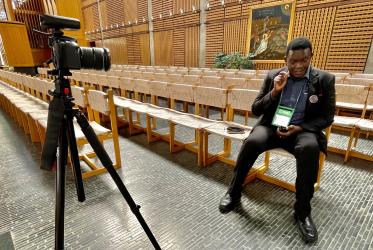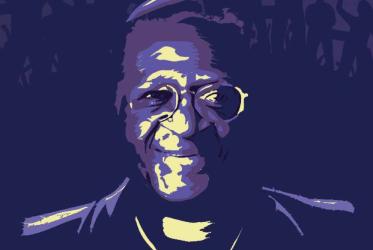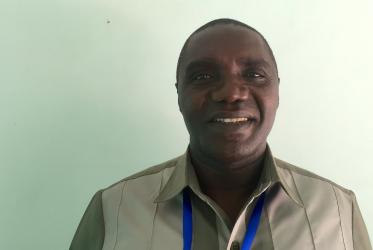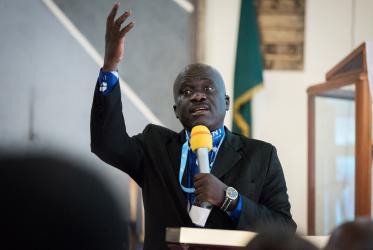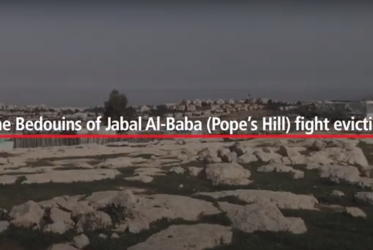Displaying 1 - 20 of 30
As Bethlehem prepares for Christmas, ‘it’s all about community’
08 December 2022
Tutu’s legacy: A Zoom panel celebrating “the Arch”
03 February 2022
In Lebanon, “without peace there is no justice”
21 July 2021
Video: Freedom to worship - Easter Initiative 2021
01 April 2021
Video: Khan Al Ahmar - Easter Initiative 2021
01 April 2021




